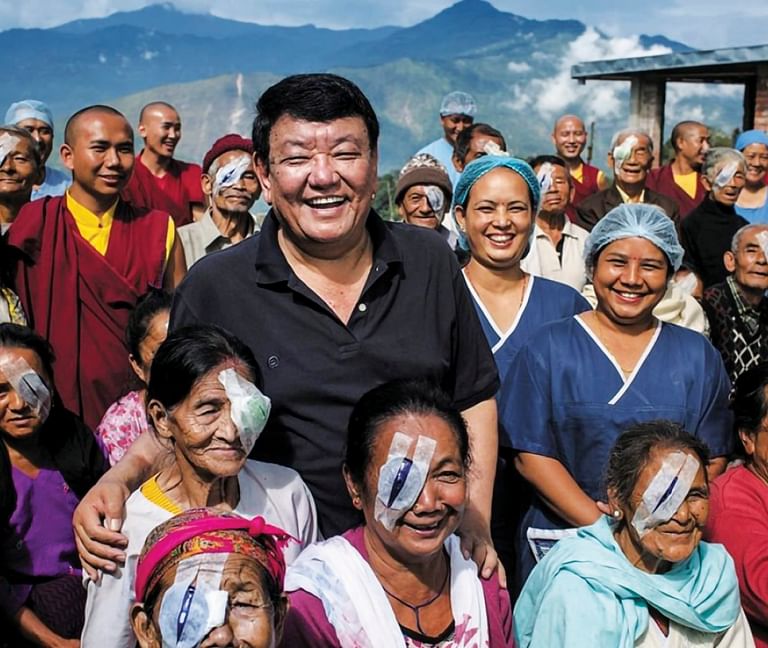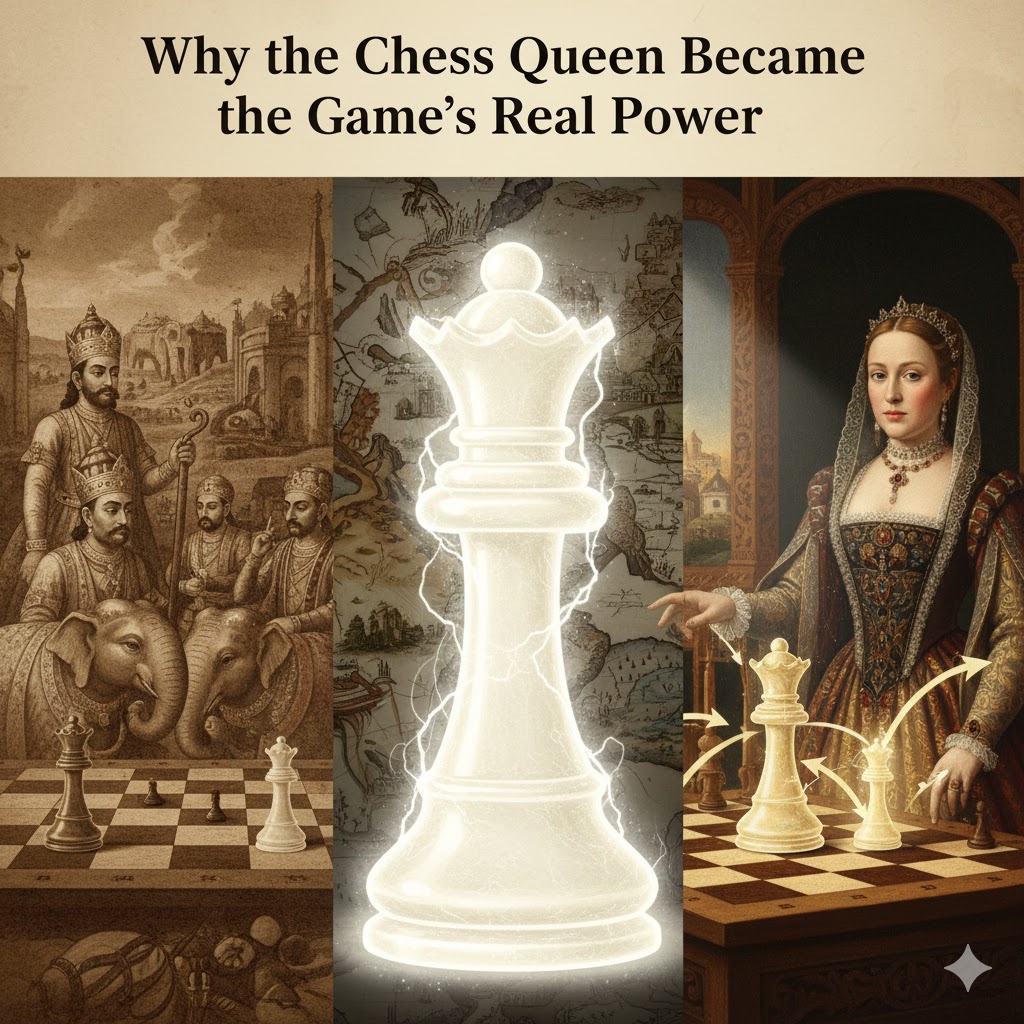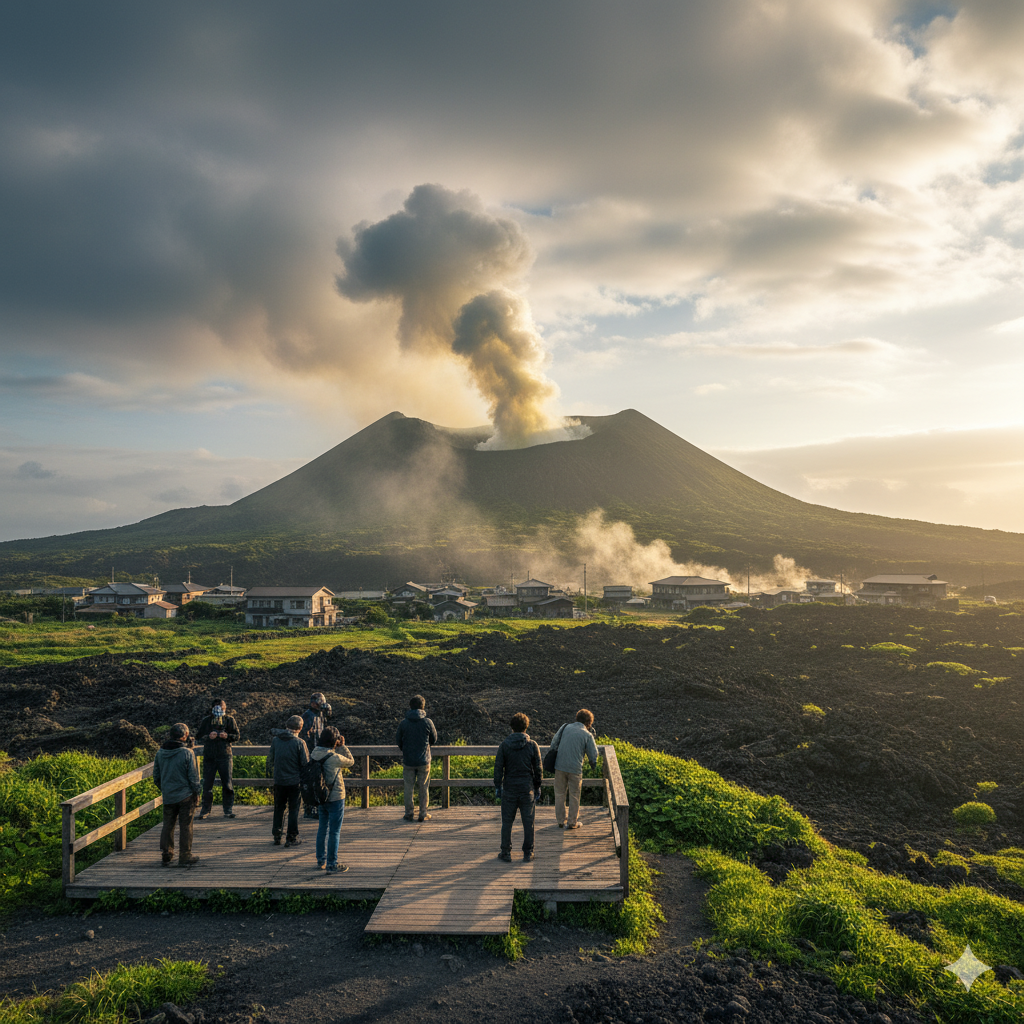Have you ever wondered what it feels like to see the world for the first time — the color of the sky, the face of your child, the light of sunrise? For over 100,000 people, this miracle wasn’t just a dream. It was the gift of a single man from Nepal — Dr. Sanduk Ruit, the eye specialist who turned blindness into hope, one surgery at a time.
This isn’t just a medical story. It’s a story of compassion, innovation, and an unshakable belief that no one should live in darkness because they are poor.
From a Remote Village to the World Stage
Born in a tiny Himalayan village with no electricity or roads, Sanduk Ruit knew what poverty looked like. He also knew what it meant to lose loved ones to preventable causes — his sister died young because they couldn’t afford medical care. That pain shaped his life’s purpose: to make advanced eye care accessible to everyone.
The Breakthrough That Changed Everything
In the 1980s, cataract surgery was expensive and limited to major hospitals. But Dr. Ruit developed a low-cost small-incision cataract surgery — just as effective, yet affordable for even the poorest.
He also helped manufacture intraocular lenses (IOLs) in Nepal for less than $3 (vs. $200 globally), through his Tilganga Institute of Ophthalmology in Kathmandu.
Healing Eyes and Hearts — for Free
Dr. Ruit didn’t stop at the clinic walls. He set up mobile surgical camps in remote mountain regions, performing thousands of surgeries under tents and in schoolrooms — completely free.
Many of his patients had never seen the world before. Some cried when they saw their family faces for the first time.
Imagine — one doctor’s mission brought light to lives that had only known darkness.
Global Recognition, Local Roots
His compassion and innovation earned him global honors — including the Ramon Magsaysay Award and Padma Shri from India. Yet, despite worldwide recognition, he continues to operate in villages, still charging nothing to those in need.
Today, his model of “compassionate precision” is studied and replicated in developing countries across Asia and Africa.
Question for You
If one man can bring light to a hundred thousand lives — what could we do if we all decided to see the world through eyes of compassion?




